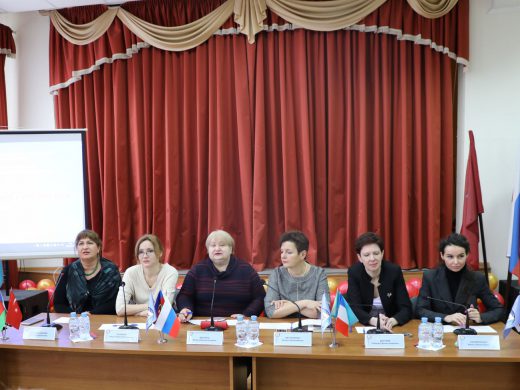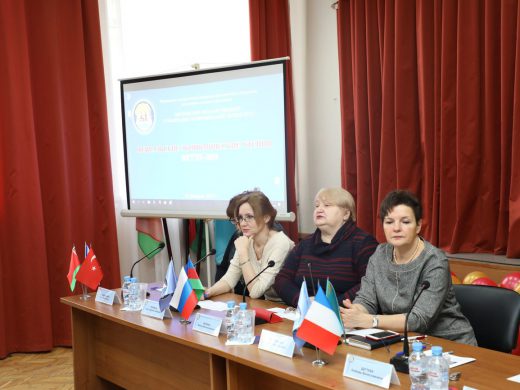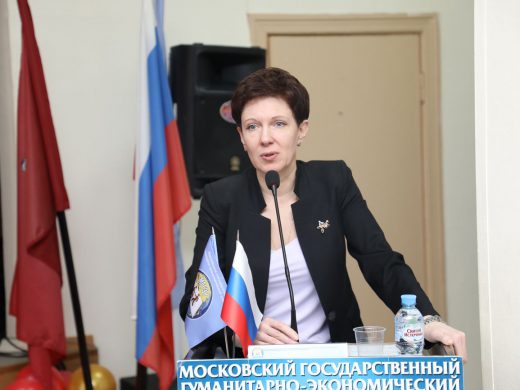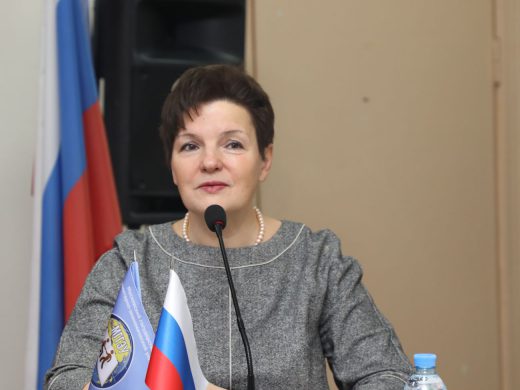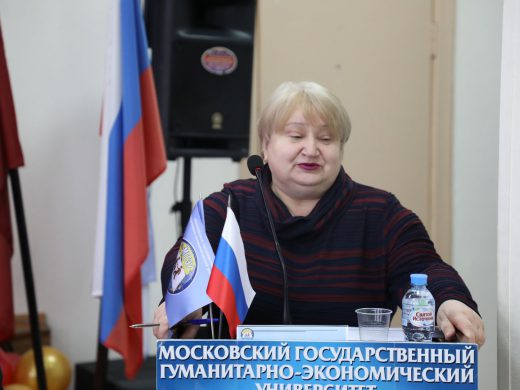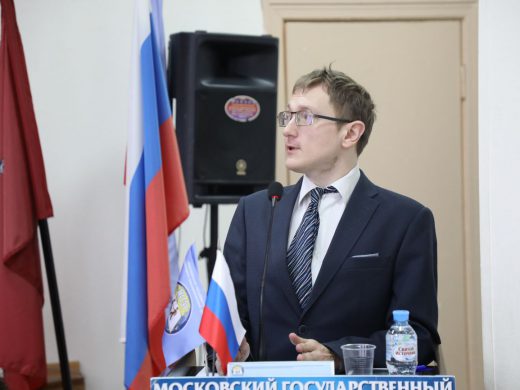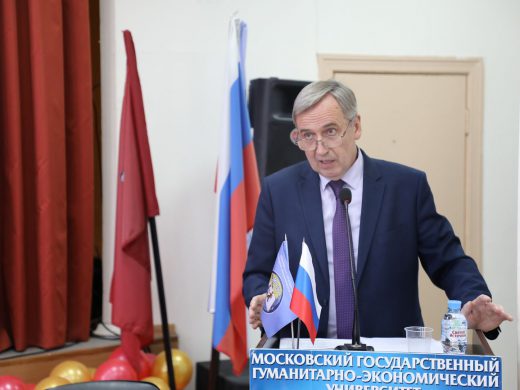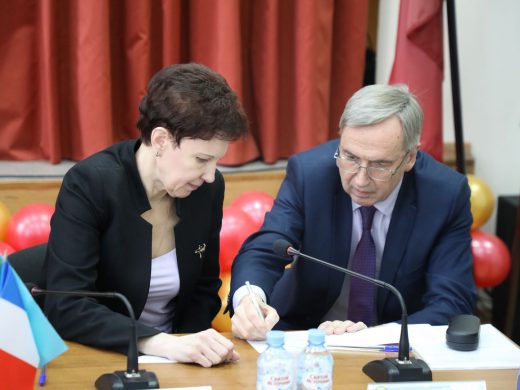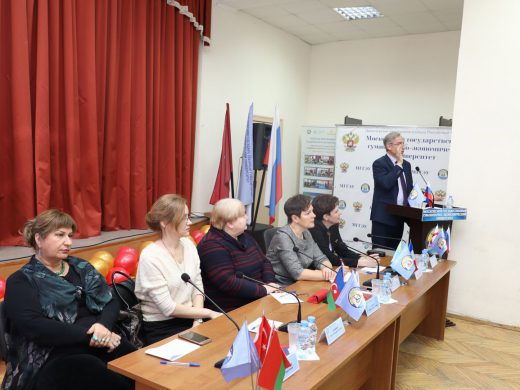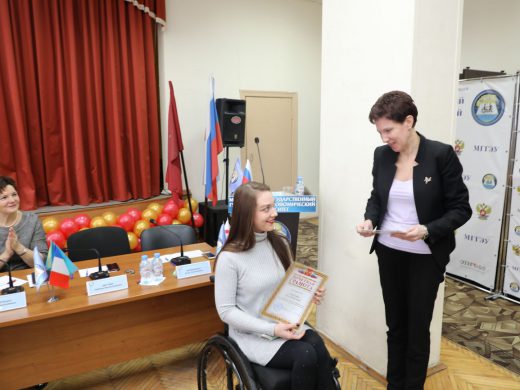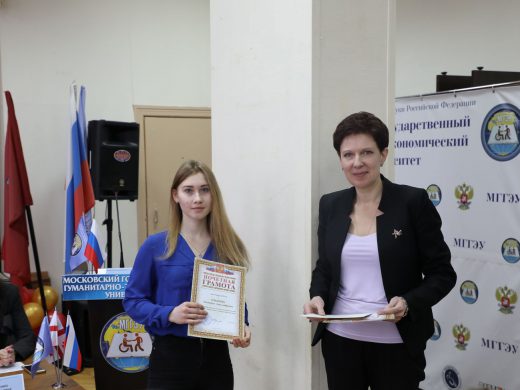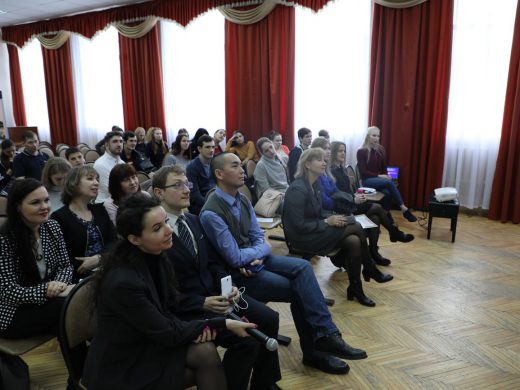February 26 at the Moscow State University of Humanities and Economics held the “February Economic Readings of MGHEU-2019”.
This event, held under the auspices of the Department of Economics of the Moscow State University of Economics, was timed to the Day of Russian Science.
With a welcoming speech to the bachelors, undergraduates of the areas of training “Economics” and “Management”, Lubov Vyacheslavovna Degteva, Dean of the Faculty, Ph.D., Associate Professor, addressed graduate students; Nesterenko Julia Nikolaevna, head. Department of Finance, Accounting and Taxation, Doctor of Economics, Professor; Litvinenko Inna Leontievna, PhD in Economics, Associate Professor, Associate Professor of the Department of Management and Entrepreneurship; Repkina Olga Bronislavovna, Doctor of Economics, Associate Professor, Head. Department of Management and Entrepreneurship; Filina Faina Valentinovna, PhD in Economics, Associate Professor, Head. Department of Economics and Innovation; Allahverdiyeva Leila Madatovna, Doctor of Economics, Professor of the Department of Management and Entrepreneurship.
The speakers set the constructive tone of the event, identified priority areas for research of the faculty and students, set tasks to enhance the academic mobility of the Faculty of Economics.
Dmitry Nikolayevich Platonov, Ph.D. (Econ.), Professor at Moscow State University, spoke on the topic “Economic Structure: East-Russia-West” as an honorary participant in the February Economic Readings of MGHEU-2019. In the course of his speech, Dmitry Nikolayevich, on the basis of the author’s theory of the morphology of the economy, outlined the creativity of young people as a priority for the development of the Russian economy.
Among the participants of the presentations, a scientific discussion ensued on acutely topical topics reflecting modern trends in the development of socio-economic systems at all levels of the economy.
In conclusion, the best students and graduate students of the faculty were awarded diplomas “For active participation in research work.”
Summing up, members of the presidium noted the high level of theoretical and practical significance of the February economic readings, it was proposed to hold this event annually.

